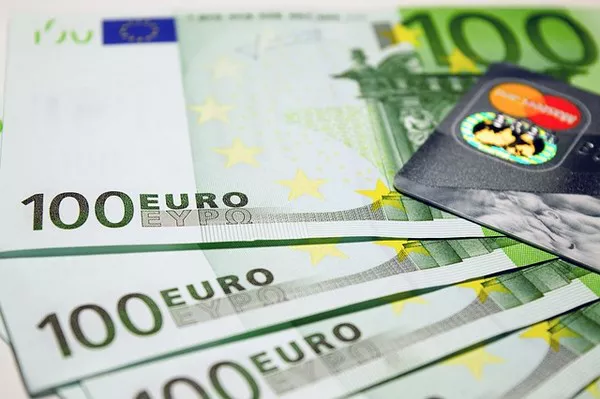Sweden, known for its innovation, welfare state, and strong economy, utilizes the Swedish krona (SEK) as its official currency. The krona, abbreviated as “kr,” is represented by the symbol “kr” and is divided into 100 öre. While Sweden is a member of the European Union (EU), it has opted not to adopt the euro as its currency. Despite its EU membership, Sweden maintains a separate monetary policy and has no immediate plans to replace the krona with the euro.
Historical Background:
Sweden’s relationship with the European Union dates back to 1995 when it became a member state. The Treaty of Maastricht, signed in 1992, laid the groundwork for the creation of the euro and set criteria for EU member states to join the eurozone. According to these criteria, EU countries are expected to adopt the euro once they meet specific economic conditions.
One of the key requirements for euro adoption is participation in the European Exchange Rate Mechanism II (ERM II), which aims to stabilize exchange rates between the euro and non-euro currencies. However, Sweden has intentionally refrained from joining ERM II, effectively preventing its entry into the eurozone.
Euro Adoption Referendum:
In 2003, Sweden held a referendum to decide whether to adopt the euro. Despite strong support from the government and business community, the majority of Swedes voted against joining the Eurozone. The outcome of the referendum was influenced by concerns over loss of monetary sovereignty, fears of inflation, and skepticism towards further European integration.
Had the vote been in favor of adopting the euro, Sweden would have needed to undergo a transition period before phasing out the krona. This would involve adjusting prices, contracts, and financial systems to accommodate the new currency.
Current Status:
As of now, Sweden continues to use the krona as its official currency. Unlike countries in the eurozone, Sweden’s monetary policy is independent, allowing it to tailor policies to its specific economic conditions. The Swedish krona floats freely in the foreign exchange market, its value determined by supply and demand dynamics.
While the euro is not the official currency in Sweden, it is accepted in some places, particularly in tourist areas and border regions where transactions with neighboring eurozone countries are common.
Eurozone Convergence Criteria:
The criteria for joining the eurozone, known as the convergence criteria, include factors such as inflation rates, government deficits, debt levels, exchange rate stability, and interest rates. While Sweden meets many of these criteria, it has chosen not to participate in ERM II, which is a prerequisite for euro adoption.
Sweden’s decision to stay out of ERM II is influenced by concerns over losing control over its monetary policy and exchange rate. By maintaining the krona, Sweden retains flexibility in responding to economic shocks and tailoring monetary policy to its own needs.
Public Opinion and Future Prospects:
Public opinion regarding euro adoption in Sweden remains divided. While major political parties, including the Social Democrats and the Moderates, believe that joining the euro would be in the national interest, there is significant opposition from other parties and the general public.
Any decision to adopt the euro would likely be subject to a referendum, reflecting Sweden’s commitment to democratic principles and ensuring that the public has a say in major policy decisions. EU Commissioner Olli Rehn has emphasized that the timing of euro adoption in Sweden ultimately depends on the will of the Swedish people.
In conclusion
While Sweden is a member of the European Union, it has chosen to maintain its own currency, the Swedish krona, instead of adopting the euro. Despite meeting many of the criteria for eurozone membership, Sweden’s decision to stay out of ERM II reflects its commitment to maintaining monetary sovereignty and tailoring policies to its own economic needs. The debate over euro adoption in Sweden continues, with public opinion and political considerations playing a crucial role in shaping future decisions.


